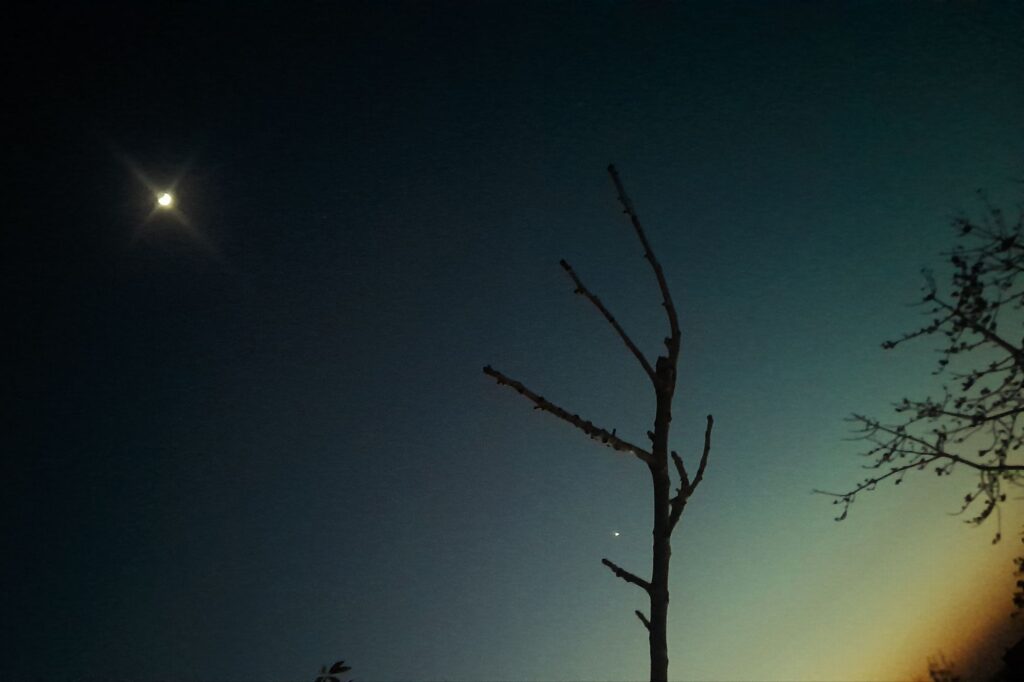O my beloved human, will you be a human with me
O my beloved human, will you moon-gaze with me? Will you stargaze with my soul? Will you talk about Rigel, about Sirius, about Capella, about Europa, about Alpha Tauri? O my beloved human, will you experience otherworldly experiences with me? Will you search with me for the alien code theory in terms of spirits? Will […]




